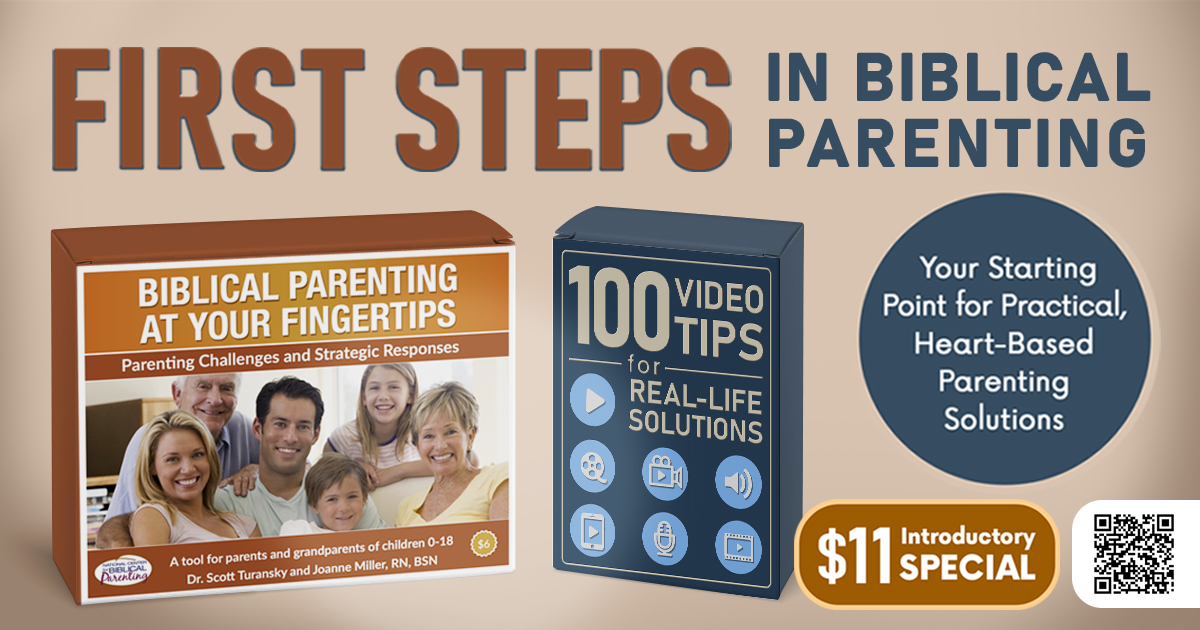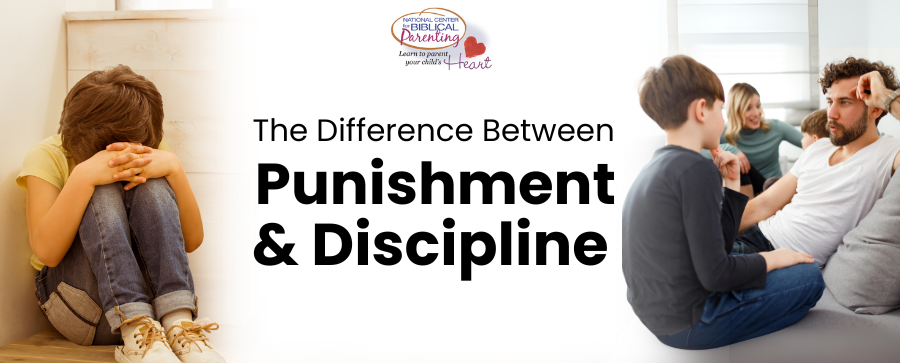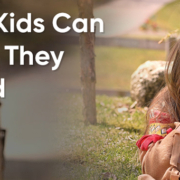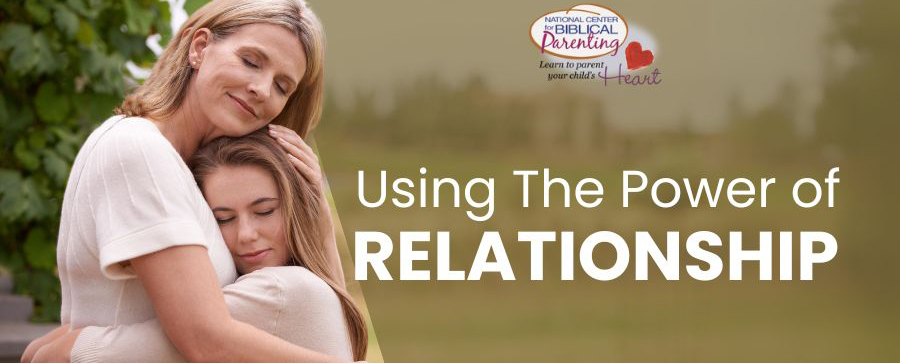The Difference Between Punishment and Discipline

Parents often find themselves in situations where correction is necessary. Whether it’s dealing with a child who has ADHD or managing the daily tensions of family life, many parents struggle to balance love and firmness in their parenting approach.
Watch this video of Dr. Turansky talking about the difference between discipline and punishment.
A common challenge is distinguishing between punishment and discipline, two terms that are often used interchangeably but carry very different meanings. The way we approach correction can shape our children’s hearts and character in profound ways. Let me explain this a bit more.
Understanding the Core Difference
Punishment and discipline are not the same. The difference comes down to motivation and focus. Punishment is often driven by anger, seeking justice for past wrongs. It’s a reaction to a misdeed with the goal of delivering consequences. On the other hand, discipline is rooted in love, aiming to shape a child’s future behavior by focusing on teaching and training.
Punishment says, “You did wrong, and now you must pay for it.”
Discipline says, “You did wrong, but here’s how you can learn and grow from it.”
The former looks backward, while the latter is forward-thinking, helping children understand what they need to do differently next time.
Biblical Insights: The Heart of Discipline
The Bible offers clear guidance on the value of discipline over punishment. Hebrews 12:11 reminds us, “No discipline seems pleasant at the time, but painful. Later on, however, it produces a harvest of righteousness and peace for those who have been trained by it.” Discipline, though hard in the moment, ultimately leads to growth, peace, and righteousness.
When we choose discipline, we’re not just reacting to a mistake—we’re actively training our children in righteousness. Discipline allows us to partner with our children, coming alongside them to help them develop the life skills and character traits they will need to navigate the world as faithful disciples of Christ.
Moving from Justice to Heart Change
As parents, it’s easy to fall into a justice-driven mindset. “You did this wrong, so now you’ll face a consequence.” While consequences can be helpful at times, they should serve a greater purpose than just delivering punishment. They should aim for heart change, the kind of transformation that reflects the child’s growth in character and understanding.
For example, after a child acts out in anger, instead of simply punishing them by taking away privileges, a parent focused on discipline might say, “What you did was wrong. Let’s talk about how you can handle your anger better next time.” This approach helps the child see where they went wrong, but also provides a path forward, guiding them toward the behavior they should model in the future.
When we see true repentance or heart change in our children, it’s essential to acknowledge it. Rather than feeling like we still need to deliver a punishment for justice’s sake, we should affirm the growth we’re witnessing and build on it.
Correction with a Positive Focus
Correction is an essential part of parenting, but it doesn’t always have to be negative. In fact, correction is most effective when it’s paired with positive direction. Instead of merely telling children what they did wrong, use the opportunity to show them the right way to respond.
A powerful example might be when siblings argue. Instead of saying, “You’re wrong for hitting your sister, so now you’re grounded,” try saying, “What you did was wrong, but let’s work on how you can be kind to your sister when she frustrates you. I want you to think about a way to be kind before you come back to me.” This shifts the focus from simply delivering a consequence to actively teaching a valuable life skill—kindness.
The Goal of Discipline: Lifelong Skills
Ultimately, the goal of discipline is to equip our children with the tools they need to live fruitful, godly lives. This training goes beyond simply correcting bad behavior—it involves modeling, teaching, and practicing the right behaviors.
When we discipline, we’re teaching life skills like patience, kindness, self-control, and empathy—traits that will serve our children well for the rest of their lives. Every moment of correction becomes an opportunity to help our children grow in their faith and character.
Discipline is about pointing our children toward success, not just in the immediate situation, but for their entire lives. When we approach correction with this mindset, we find ourselves moving away from a punishment mentality, and toward a discipline mentality that nurtures the heart.
As Christian parents, our goal is to shape the hearts of our children to reflect the love and wisdom of Christ. Moving from punishment to discipline allows us to guide our children toward long-term growth, rather than just immediate correction. Let’s focus on building their character, training them in righteousness, and helping them develop the life skills they need for a lifetime of following Jesus.
What are some ways you might enact discipline instead of punishment in your home?
Dr. Turansky has created a low-cost, high-value product to introduce you to Biblical Parenting. 100 four-minute videos and a Biblical Parenting Cheat Sheet for just $11. Learn more here.











Leave a Reply
Want to join the discussion?Feel free to contribute!